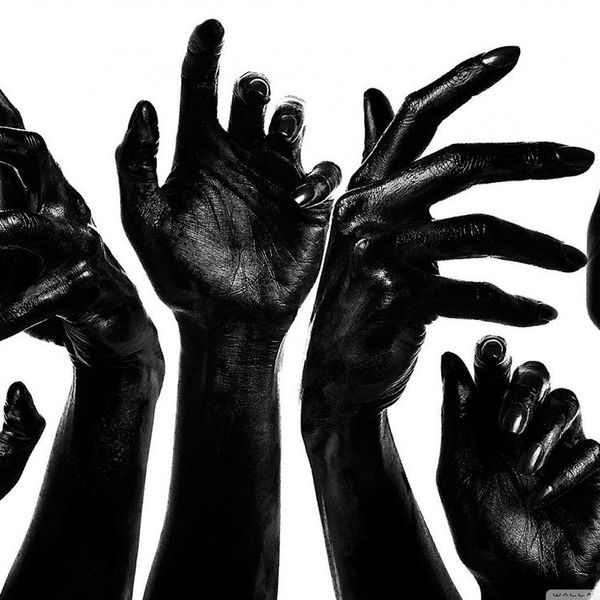In 2012, it was first announced that Zoe Saldana would be cast to play Nina Simone in the film titled "Nina." Even though Saldana is a well-respected actress, many fans did not like the fact that she was chosen over many actresses that better resembled the real Nina Simone. People even became outraged after they discovered that in order to make Saldana look more like Simone, whose dark skin heavily influenced her life, makeup artists would be darkening her skin. Even though Saldana, identifies as a black female, these makeup adjustments were far too similar to blackface, makeup used in the past by non black performers to play black characters, often in an intentionally offensive manner.
Today, as a society we are becoming more and more aware of the effects of racism. It is no longer acceptable for a production company to use face paint on a white actor in order to depict a black character, but many people are failing to understand why there is controversy over the similar use of makeup on Zoe Saldana. Fans of Nina Simone think that it's clear that the producers of the film "Nina" understand the importance of her dark skin, and want to know why they would not simply cast a darker-skinned actress.
Recently, many people have taken steps to address the lack of racial diversity in Hollywood. That being said, even though Hollywood has gotten better at giving roles to racial minorities, too many people are still unaware of the additional standards imposed on minorities based on the color of their skin. Unfortunately, throughout the entertainment industry, there seems to be a strong preference for minorities that have a lighter skin tone. The term "colorism" refers to prejudice against people with a darker skin tone, frequently among people of the same racial group. In other words, rather than discrimination based on race, colorism refers to discrimination based on a person's skin tone. This kind of discrimination, though milder than the racism that many people seem to face, still negatively affects dark-skinned individuals all over the United States, especially in Hollywood.
Viola Davis, who plays a leading role in "How to Get Away with Murder," addressed this issue when discussing her character on the show and the struggle that many black women who want to become well-known actresses face. She said, “It just hasn’t happened. I hear these stories from friends of mine who are dark-skin actresses who are always being seen as crack addicts and prostitutes.” Even though a lot of people in the United States might not know about the classification of minorities as either "light-skinned" or "dark-skinned," this is an issue which is much too real for people working in the entertainment industry and viewers at home who are extremely underrepresented in the media.





















